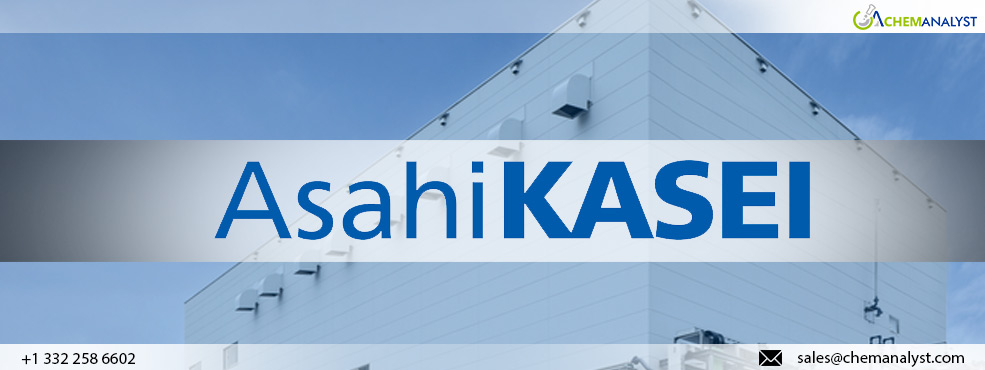Welcome To ChemAnalyst

Asahi Kasei, a leading Japanese technology firm, is intensifying its efforts in the hydrogen sector. On May 13, the company, alongside partners and representatives from the Japanese government, marked the grand opening of a new hydrogen pilot plant in Kawasaki, Japan. This commercial-scale facility commenced operations in March 2024. The trial run of four 0.8 MW modules signifies another step forward in realizing a commercial multi-module alkaline water electrolysis system capable of producing green hydrogen at a 100 MW-class scale.
In the upcoming years, the hydrogen market is poised for swift expansion. As projected by the Hydrogen Council, the cumulative global installed capacity of water electrolyzers is expected to approach around 300 GW by 2030. To address this escalating demand, Asahi Kasei is presently in the process of developing the Aqualyzer™ alkaline water electrolyzer, specifically optimized for green hydrogen production.
To evaluate the performance of this new system in a multi-module configuration under real-world conditions, the company commenced construction of a pilot plant at its manufacturing site in Kawasaki in November 2022. The new facility commenced operations in March 2024, and on May 13, company representatives and partners convened in Kawasaki to commemorate its official opening.
Masami Takenaka, Lead Executive Officer overseeing Asahi Kasei's hydrogen business, commented, "The establishment of this pilot facility marks a significant milestone not only for Asahi Kasei but also for the broader global hydrogen industry. We are confident that the successful operation of our equipment in this testing facility will pave the way for commercial-scale multi-module alkaline water electrolyzers and, ultimately, the realization of a hydrogen-based society."
To produce green hydrogen, electrolysis systems must adapt to variable power inputs from renewable sources like wind or solar energy. At the pilot plant, four 0.8 MW Aqualyzer™ modules are undergoing testing under real-world conditions, including operation during maintenance and low power availability at night. Furthermore, the equipment is engineered to replicate fluctuations in power input from solar or wind sources. By leveraging insights gleaned from these trials, Asahi Kasei plans to refine the equipment design, operational procedures, and control technology of the electrolysis system. Asahi Kasei's goal is to incorporate a multi-module strategy, intending to combine as many as ten modules, each capable of producing 10 MW, to streamline the advancement of commercial large-scale electrolysis systems, enabling capacities of up to 100 MW.
Drawing on over four decades of extensive experience in chlor-alkali electrolysis, Asahi Kasei's hydrogen business is well-established. With the aim of reaching a cumulative sales figure of ¥100 billion (€600 million) by 2030, the company plans to initiate commercial activities for its alkaline water electrolyzers in 2025.
The establishment of the pilot plant in Kawasaki marks a significant stride towards this objective, following the successful extensive testing of its 10 MW single-stack alkaline-water electrolysis system at the Fukushima Energy Research Field (FH2R) in Namie, Fukushima, Japan, which commenced in 2020. The practical insights gained in Namie, coupled with the trial operation at the pilot plant in Kawasaki, will bolster Asahi Kasei's market entry with large-scale and highly dependable multi-module alkaline water electrolysis equipment. This accumulated expertise will also be instrumental in the collaborative feasibility study with Gentari and JGC for a 60 MW-class electrolyzer in Malaysia, scheduled for 2027, as announced in November 2023.
The establishment and operation of the pilot plant receive backing from Japan's New Energy and Industrial Technology Development Organization (NEDO) through the "Green Innovation Fund."
We use cookies to deliver the best possible experience on our website. To learn more, visit our Privacy Policy. By continuing to use this site or by closing this box, you consent to our use of cookies. More info.
